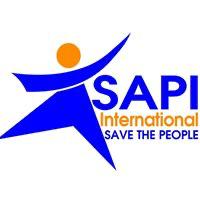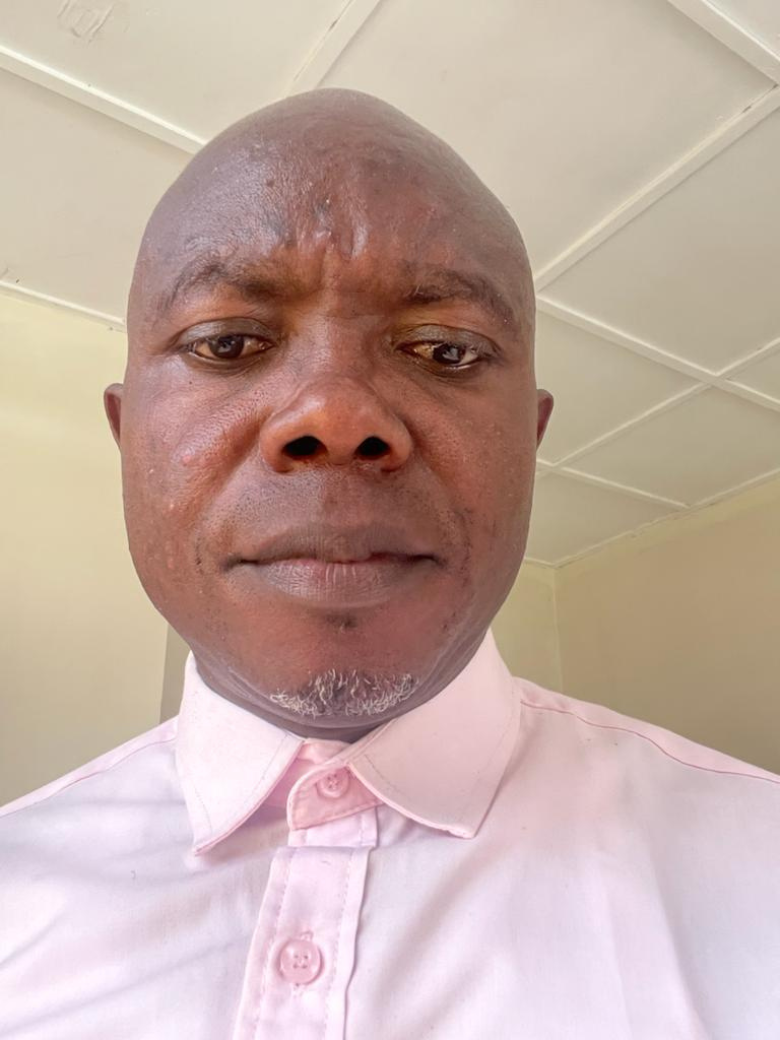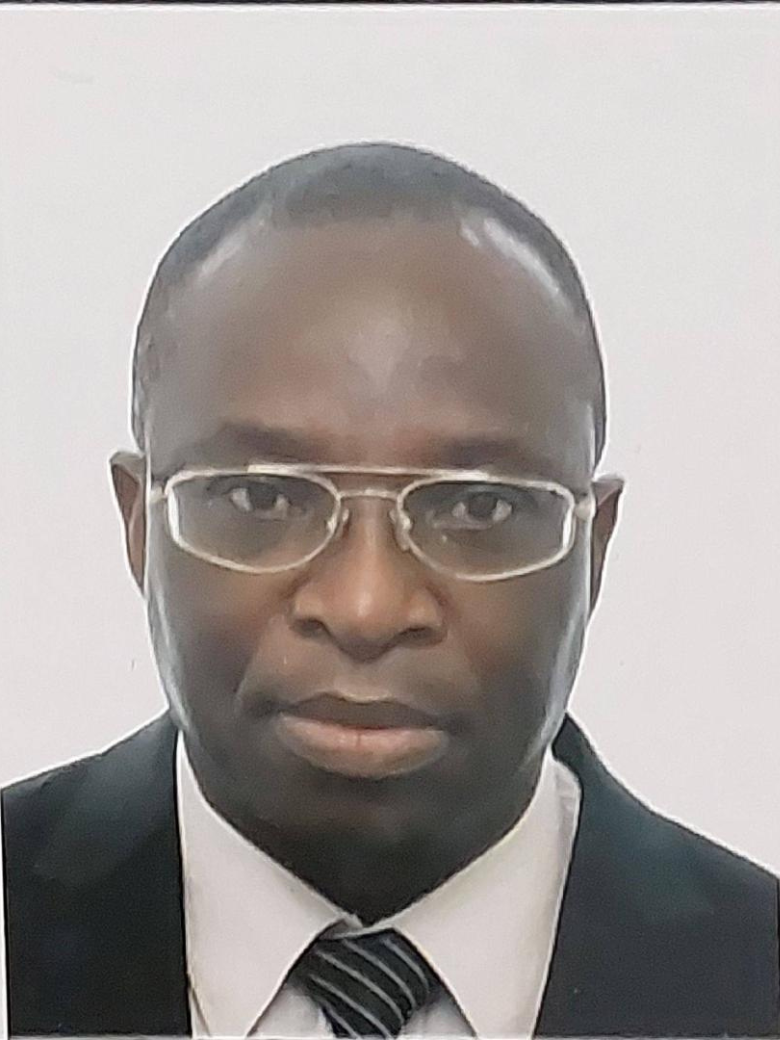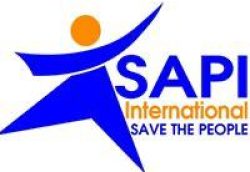About us
Who
We are
SAPI-BE is an association for development cooperation and humanitarian action that campaigns for the rights of children, particularly street children, homeless children and children affected by armed conflict around the world. It works with children, young people and state and non- state partners to ensure that every child is healthy, educated, protected and respected. We work with children and their families for a higher and fairer society, and to build a world where all children from broken homes, the homeless, the abandoned and those affected by humanitarian crises enjoy their full rights and live in dignity and security. SAPI-BE’s mandate is based on 3 strategic priorities (education, training & support, health and protection of disadvantaged children and young people) in Belgium and abroad, to enable them to improve their living conditions and rebuild their lives. We are a development organization that uses play and dialogue to transform the lives of children and young people affected by poverty, war, disease and inequality.
We protect, educate and empower children in precarious situations and children affected by humanitarian crises to overcome adversity using the power of play. SAPI empowers children to overcome these challenges, discover possibilities and find their way back to hope through a holistic approach to learning through play.
Our
Approach
We work to improve the quality and relevance of inclusive education, so that every child can build his or her future and participate in the development of his or her community and country, because education builds the future. Through its projects, SAPI -BE works with families, communities and local partners to ensure that every disadvantaged child has access to protection, education and training that corresponds to their needs and situation, and helps them develop their potential towards autonomy by helping them prepare for the job market and improve their future prospects. We work to advance children’s rights and ensure that they are protected from violence, exploitation and abuse, and can flourish free from fear and violence. We fight for a just world, working with children and young people at odds with their families, in a context of crisis and in a stable environment. We ensure their well-being and the effective application of their rights, as defined in the Convention on the Rights of the Child and other human rights instruments.
We use structured play, including sport, to foster peaceful interventions in communities by providing children and young people with positive social, emotional, cognitive and physical skills, including cooperation, self-esteem, communication, trust and empathy. It keeps children in school and out of work. It teaches them to prevent illness and resolve conflict, and gives them the confidence to dismantle barriers and create favorable conditions. Through play activities (games, etc.), we protect, educate, heal internal injuries and empower millions of children every year here in Belgium and in the countries where we work.
Safeguarding Policies
safeguarding notes
Safeguarding Policies
safeguarding notes
Our
Mission
To alleviate the suffering of homeless and abandoned children, to preserve their right to live and their dignity in Belgium and throughout the world, by accompanying them on a path of resilience through our 4 key pillars (protect, care, educate & empower).
Our
Vision
We seek to build a world in which all street and homeless children enjoy their rights and realize their full potential, a world where every child can realize the fullness of his or her potential within a society respectful of rights and dignity. A world where every child can grow up free from danger and become an actor in the change, he/she wishes to see in his/her life.
Our
Mandate
Our fight is to promote, defend and realize children’s rights locally and worldwide, as defined in the Convention on the Rights of the Child, in a context of humanitarian crises and a more stable environment. In order to achieve this, SAPI Belgium focuses on the resilience of children affected by humanitarian crises, as well as children at risk of family breakdown and homelessness. We seek to alleviate their suffering by linking short-term responses with long-term objectives and, in a perspective of sustainable development, not only by raising children’s awareness of this issue, but also by developing with them the tools and knowledge they need to become actors and spokespeople for their rights.
We transform the lives of millions of children every year. Using all forms of play – games, sports, poetry, performance, dance, art and music – we create lasting impact and give children the knowledge and skills to make a difference in their lives, their families and their communities.
Sapi's
Core Values
Honesty and transparency: We base our work on moralitý, responsibilitý administrative rigor and full access to information concerning the management of resources and the impact of our actions thus strengthening our accountability to the community and our donors . SAPI is committed to providing transparency and information to its beneficiaries, partners and donors in the allocation and management of its funds, and to providing all the guarantees necessary to demonstrate its sound management. All members of the Board of Directors, volunteers, consultants and staff worldwide adhere to the principles of the Charter and undertake to respect it. We expect our staff to behave with integrity, responsibility and transparency in all situations, and to conduct themselves in accordance with our values. SAPI is apolitical and non-denominational, our action is impartial and aid is determined solely by need, provided fairly and without discrimination. SAPI’s ethical charter on child protection sets out our commitment to ensuring the protection of the children with whom we come into contact. – We are at the service of the poorest and most vulnerable children.
Teamwork: We work to foster collaboration, and highlighting everyone’s strengths also builds trust at all levels of the organization. It also helps us improve recognition for everyone. SAPI emphasizes that diverse skills, different perspectives and shared commitment are integral to success. A team only succeeds if it acts collectively. We apply this principle to our group, and together we find the best solutions, because we are convinced that teamwork and team spirit encourage perseverance until a project is completed.
Empowerment: For SAPI, empowerment gives homeless and abandoned children and teenagers the courage to believe in themselves, not to be influenced by the opinions of others, and to pursue their dreams. We help children and teenagers explore their interests and potential.
Dignity and values of every child: The Convention on the Rights of the Child recognizes the fundamental human dignity of all children, while emphasizing the urgent need to guarantee their well-being and development. It clearly affirms that all children have the right to a basic quality of life, which should not remain the privilege of the few.
Social justice and equal opportunities for girls and boys: SAPI helps give disadvantaged children and abandoned teenage girls a better start in life and equaĺ opportunities to increase their chances of success and fulfillment.
Our
Priorities
Maternal and child health: Children under 5 – with a focus on the first 1,000 days – and their mothers, living in situations of extreme vulnerability (or precariousness) in 5 intervention countries. SAPI aims to contribute to a significant and sustainable reduction in the mortality rate among children under 5 and their mothers in situations of extreme vulnerability. SAPI aims to increase its expertise in the field and its capacity to scale up innovations guaranteeing a continuum of maternal and child health. Activities will focus on pregnancy monitoring (prenatal consultations), examinations to diagnose and treat pregnancies at risk of complications, assistance during childbirth, referral to a specialized center if necessary, and monitoring of the child’s state of health. Management of the main complications (delivery hemorrhages, hypertensive infections during pregnancy causing pre-eclampsia and eclampsia, unsafe abortions, or complications associated with diseases such as malaria and HIV. We train community volunteers in the camps to recognize symptoms and identify cases of malnutrition in children and mothers.
Mental health and psychosocial support: SAPI Belgium’s work in mental health and psychosocial support (MHPSS) focuses on the prevention of mental health problems, helping children in street situations and/or affected by humanitarian crises to cope with daily stressors, regain their strength and independence, and regain confidence in their new, harsh reality of displacement. SAPI BE’s mental health and psychosocial support activities are cross-cutting and multi-sectoral, recognizing that well-being and good mental health are integral to all programs. SAPI’s mental health and psychosocial support response enables traumatized children to return to independent living. We work with social workers and psychologists or psychiatrists to provide assistance tailored to the needs of victims.
Our activities are based on three pillars:
(A) Specialized care: Mental health care provided by mental health specialists (psychiatric nurses, clinical psychologists, psychiatrists, etc.), whether in refugee camps, families/communities, transit centers, child-friendly spaces and/or transitional structures, psychological support for children suffering from chronic illnesses (HIV/AIDS, tuberculosis, etc.);
(B) Non-specialized targeted support: Targeted individual or group interventions by qualified people (teachers, social workers, doctors, etc.).
(C) Community and family support: Traditional community support. Child-friendly spaces ¬ Activation of social networks
Child Protection
Every child deserves to feel safe and protected. Through play, children learn to protect themselves from violence, discrimination and exploitation. We create environments where children feel safe to play, learn and explore. We train teachers about children’s rights and how to build trusting relationships with their students. In this climate of trust, children feel comfortable talking about threats to their safety, such as early marriage, pressure to do manual labor and harmful traditional practices like female genital mutilation.
SAPI -BE’s advocacy projects focus on preventing and combating the recruitment and use of children in armed groups, protecting child victims of labor exploitation, combating child abuse and violence, protection of children in humanitarian crises through an integrated and holistic approach, juvenile justice and restorative justice for children, and support for the socio-economic reintegration of children and young people in precarious and disadvantaged situations (street children, ex-combatant children, refugee and/or migrant children, etc.).
WE PLAY FOR CHANGE
Play is much more than fun or distraction. It gives children the skills and tools they need to create opportunities where they’re scarce. We play for change in 4 key areas:
(A) Quality Education
We use play to awaken a lifelong love of learning in every child, making it fun, dynamic and stimulating. Education opens up opportunities, but children have to overcome many obstacles to access quality education. We use play to awaken a lifelong love of learning in every child, making it fun, dynamic and stimulating. Play encourages them to stay in school and do better. It helps them acquire essential skills such as confidence, courage and cooperation. We train teachers on how to use play-based learning to create safe, positive and stimulating environments for their students. We also work in partnership with ministries of education and local organizations to integrate play-based learning into the education system, so that more children can participate.
Education in emergency situations, educating adolescents and teenagers on sexual and reproductive health, combating early and forced child marriage, training and socio-economic empowerment of young migrants, refugees, and homeless and/or abandoned youth aged 14-19, promoting positive masculinity, gender equality and the fight against gender-based violence in schools ( VBGMS), the emancipation of girls through sport, teaching children to swim, training homeless youth for salaried employment and/or self-entrepreneurship in promising sectors, such as digital transition, digital and ecology. We also work to implement all necessary means to eradicate all gender-based violence that hinders the access and retention of all children, and girls in particular, to school . sensitization of communities, families, religious leaders and local authorities, which includes boys and men to change mentalities, to sexist and sexual violence and more broadly to the rights of girls in street situations . SAPI -BE also runs a psychological support program for survivors of gender-based and sexual violence, as well as a reintegration support program to help them return to school and access vocational training.
(B) Gender Equality
Girls deserve a fair future. We play to give girls a voice, to claim their rights to equality, education, dignity and safety. Thanks to our programs, more girls are finding their voice, claiming their right to education and learning to challenge dangerous traditions like female circumcision and early marriage. We educate teachers and parents about gender equality, and support them in reducing gender-based violence and discrimination in classrooms, communities and the home. Through games and sports, we treat girls equally and give them the confidence to participate fully in school and community life.
(c) Health And Well-Being
Children need to be healthy to succeed. We use play to teach important health lessons, helping children learn the facts that can save their lives. Through play, children discover how to make safe, healthy choices and how to protect themselves and their families. We train teachers and coaches to create safe environments where young people can talk openly about important health topics that affect them, such as HIV and AIDS, malaria, sexual and reproductive health, and hygiene. Through games, we give them the facts about their health and the diseases that affect their communities, enabling them to rise above misinformation and marginalization.
Our
Theory Of Change
SAPI -BE’s theory of change places homeless children, children in humanitarian crises and young people living in precarious conditions at the heart of our work. We seek to improve their learning, well-being and socio-emotional outcomes in order to catalyze transformative change.
Play
Saves Lives
It enables children of all races and nationalities to stay in school and not work. It teaches them to prevent deadly diseases like HIV and malaria, and protects them from exploitation and abuse. It empowers girls to say no to unwanted sex, and to make healthy decisions about their bodies and their future.
Our
Priority Pillars
To achieve our mission, we rely on 4 priority pillars:
(a) Care: providing access to quality healthcare for all homeless and disadvantaged children, regardless of race, gender or ethnicity.
(b) Educate: Provide access to inclusive quality education and vocational training for all vulnerable children and young people at risk, with a particular focus on empowering girls.
(c) Protect: Protect children at risk of family breakdown and homelessness from all forms of abuse, violence and exploitation and neglect.
(d) Empower: Building on children’s personal development, and ensuring productive employment and decent work for children and young people through entrepreneurial initiatives and professional integration. We accompany street children and young people living in precarious conditions towards economic empowerment, enabling them to change and transform their lives.
OUR PARTNERS


SLOGAN
OUR SLOGAN
SAPI HISTORY
OUR HISTORY
2016
2017
2019
2022
In 2022, moves its headquarters to Belgium and becomes an NGO in Belgium, independent of Switzerland.
SAPI Belgium Asbl focuses on health and youth entrepreneurship. With a board of directors independent of SAPI International Suisse, it operates in the Democratic Republic of Congo and Burkina Faso.
It is a federation (Fédération SAPI International) with its secretariat in Nairobi, Kenya, which oversees and coordinates SAPI International’s 8 national offices.Each office works on behalf of children in its own country, but also on an international scale.



